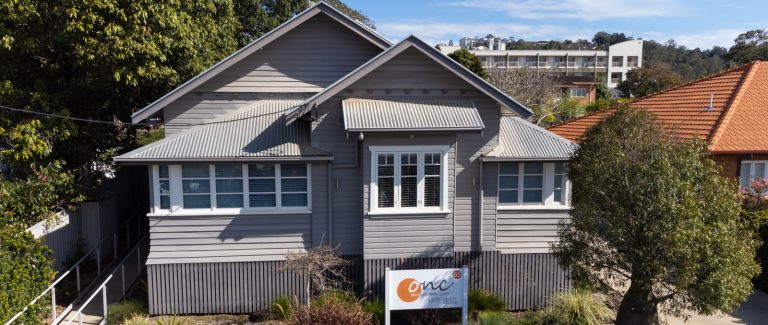What to expect
Your medical oncologist is responsible for accurately diagnosing and determining the stage of your cancer, and for creating and implementing a comprehensive treatment plan.
To do these things your oncologist needs to use many skills including:
- Advisor: your oncologist will explain your diagnosis, your prognosis and your treatment options to you and your family. They use chemotherapy, immunotherapy, and other medical treatments to manage and treat cancer in patients.
- Physician and carer: your oncologist will not only look after your cancer but also your needs including management of your symptoms.
- Researcher: your oncologist will keep up to date with the latest treatments and will often be involved in testing them through clinical trials.
- Manager: your oncologist is part of a multidisciplinary team and will work in collaboration with other specialists, such as radiologists, pathologists, radiation oncologists, surgeons and palliative care doctors. They will be responsible for overseeing your cancer treatment, monitoring your progress and making any adjustments to your treatment plan.
The initial consultation will take around 45 minutes and a management plan will be formulated with you and forwarded to your referring doctor. During the early stages of your treatment, your oncologist may make two management review appointments. These appointments are more comprehensive and your response to treatment will be reviewed. All other follow-up appointments will usually take about 15 minutes.
Treatment discussion
Personalised cancer treatment options will be discussed with you. Your oncologist will thoroughly discuss all treatment options and explain the benefits, risks and potential side effects. You will be given detailed information about your treatment drugs, their effectiveness and side effects. Once you have enough information to make your treatment decision and decide to proceed with your treatment plan, you will be asked to sign an informed consent.
